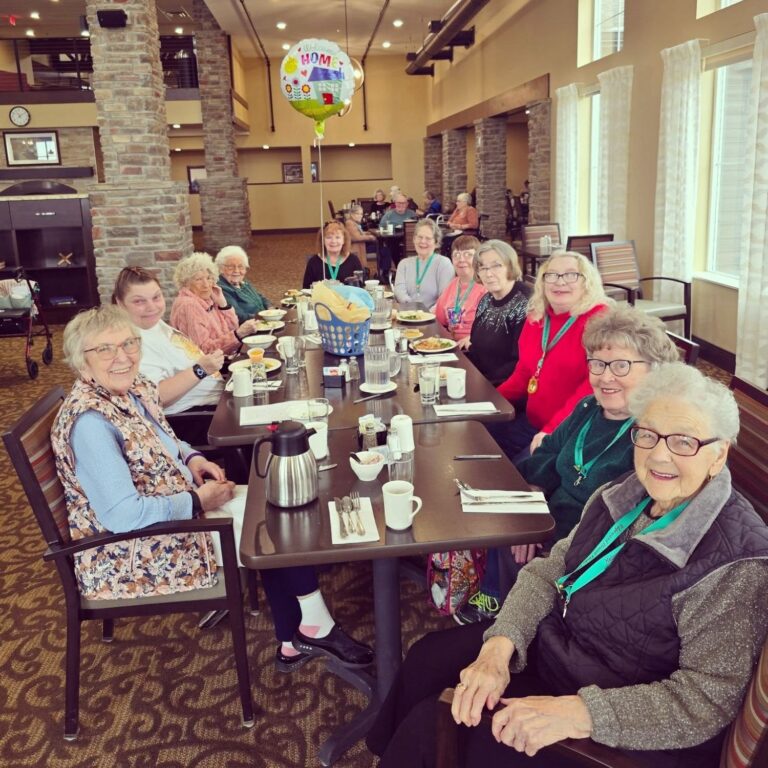
If you or a loved one have been diagnosed with Alzheimer’s, it’s important to be able to separate the facts from misconceptions regarding this disease. Numerous widely believed myths about Alzheimer’s should not be taken as actualities, or it could interfere with addressing the disease as soon as possible or lead to misunderstandings about providing care. Knowing what myths surround this disease is imperative for friends, family, and other caregivers to understand best those who are experiencing it.
Find Senior Living Near Me
Here are five common myths about Alzheimer’s disease:
Myth #1: Alzheimer’s disease is not fatal
Alzheimer’s disease is a progressive condition and eventually could lead to death. However, since most people affected by Alzheimer’s are elderly, other medical conditions often cause death before the disease itself. The Alzheimer’s Association addresses this myth as follows:
“Alzheimer’s disease has no survivors. It destroys brain cells and causes memory changes, erratic behaviors, and loss of body functions. It slowly and painfully takes away a person’s identity, ability to connect with others, think, eat, talk, walk, and find their way home.”
“Approximately 5 percent of cases of Alzheimer’s disease develop before the individual reaches age 65.”
Myth #2: Alzheimer’s disease affects only seniors
Approximately 5 percent of cases of Alzheimer’s disease are designated as early-onset, meaning that the disease takes hold before a person reaches the age of 65. The most common risk factor associated with early-onset Alzheimer’s is genetics, according to Everyday Health. This means that those with family members who have had early-onset Alzheimer’s may be more likely to experience the disease early themselves. Depression may be another sign of potential early-onset Alzheimer’s. Although, it is important to note that depression is a possible symptom that accompanies the disease rather than a cause.
Myth #3: Dementia and Alzheimer’s are part of aging
It’s common for everyone to haveminorl lapses in memory now and again. However, Alzheimer’s and dementia are not to be confused as a natural part of aging. One of the reasons it can be challenging for friends and family to realize a loved one may have Alzheimer’s is because it is difficult to distinguish the degree of memory loss occurring. The Alzheimer’s Association has created a list of 10 signs for detecting if someone you care about could have Alzheimer’s disease.
Myth #4: There is a cure for Alzheimer’s disease
While several FDA-approved drugs may temporarily slow the worsening of Alzheimer’s, there are no long-term Alzheimer’s treatments or prevention methods. Recent research has indicated that blood tests may prove a possible means of predicting the onset of Alzheimer’s disease early on. Still, additional testing is needed before this method becomes widely implemented.
Myth #5: People with Alzheimer’s can’t have quality of life
The Mayo Clinic points out that if the disease is detected early and addressed with medication, those with Alzheimer’s can still enjoy active, meaningful lifestyles. For example, an assisted living retirement community with memory care offers seniors a lifestyle of independence.




